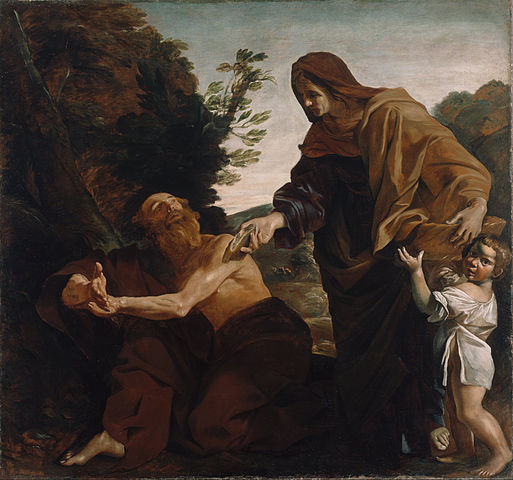by Laurie Gudim
There’s a saying among my relatives: “bet the farm.” It means to put your whole self behind a venture, to risk everything you have, to give it all you’ve got. As you might guess, my ancestors were all farmers. In the 1870s they bet the farm to flee from Russia in the middle of the night the day before a son was to be conscripted into the army. And half a century later my grandfather, in his middle years, bet the farm to become a Lutheran pastor. It was never what my grandmother wished for her family.
In today’s Gospel reading it is the widow who bets the farm. Everything she needs to live on she throws into the Temple treasury. It is a drastic measure in which she gives herself entirely into God’s keeping. And it’s probably not the Temple authorities who wind up taking care of her; it’s probably Jesus himself and his network of supporters.
Jesus, just before he almost got thrown off a cliff by his friends and relatives in Nazareth, had alluded to another widow who risked all she had. The disciples would remember the story. It was about the woman who baked her last cake and fed Elijah with it. She bet the farm on the crazy homeless man who had just come into her drought-stricken town, who promised her abundance of the most unlikely kind.
But what did she have to lose? Maybe that is what makes these widows so willing to put everything at risk: they are desperate. They are at the end of their rope, and so they gamble everything on some wild notion that God will care for them.
Here’s the thing, though. When it comes to what is most important, we are all as impoverished as are the widows. To think we can manage our lives on our own, without God’s help, is delusion. Our souls need God, rely on God, are nourished only by God. So it is only when we see life as the widow does, when we bet the farm on God, that we have any hope at all of the kingdom of heaven.
The second we reach rock bottom and really understand this is the moment of transformation. We give up our last morsel of food. We leave everything we own in the middle of the night. We trade in our hoe for a stole. We watch our two small coins roll around and around in the chute designed to collect such things until they are swallowed by the machinations of the Temple. We bet the farm.
And then we are free in the paradoxical way that only slavery to God allows. We follow the generous, footloose, homeless Master who claims us as his own. Off we go on the wild goose chase our lives are really meant to be. Our deepest yearnings become realities as we give over our illusion that we are in charge. It was never really our farm in the first place.
Laurie Gudim works is a religious iconographer and writer in Fort Collins, Colorado. You can view some of her work at Everyday Mysteries.She has recently published her novel, Loving the Six-Toed Jesus, available from Amazon.
Image: By Giovanni Lanfranco (Italian, 1582 – 1647) (1582 – 1647) – artist (Italian)Details of artist on Google Art Project – rgE0TEPvsps8bg at Google Cultural Institute maximum zoom level, Public Domain, Link

